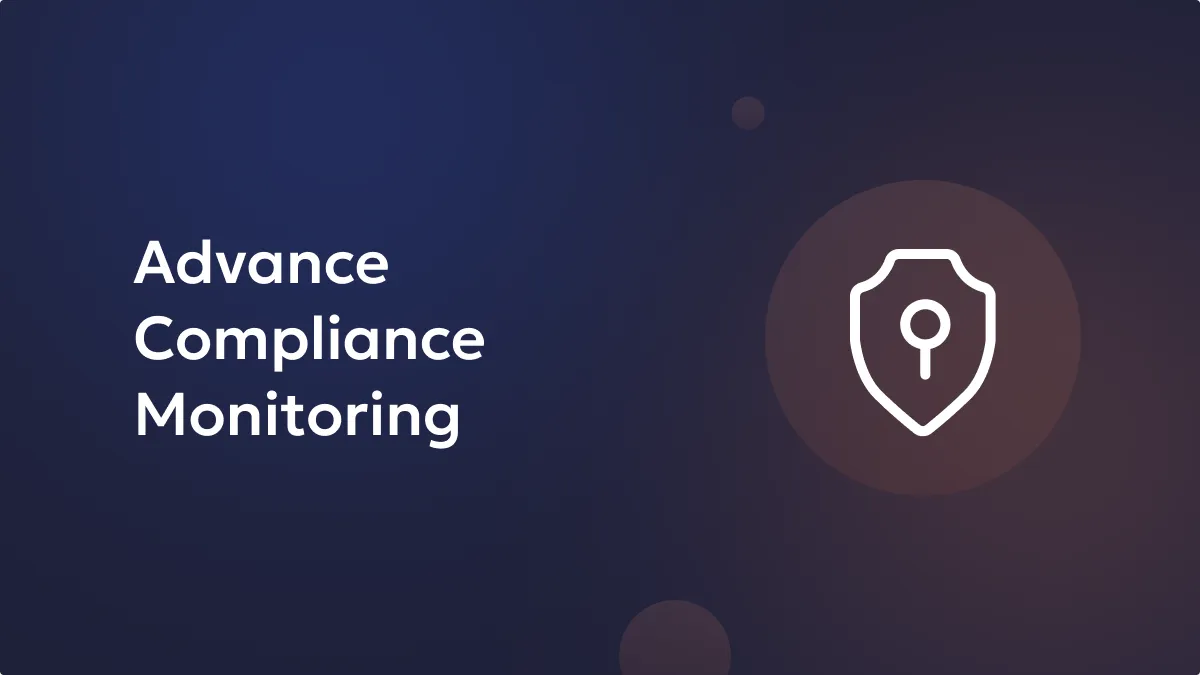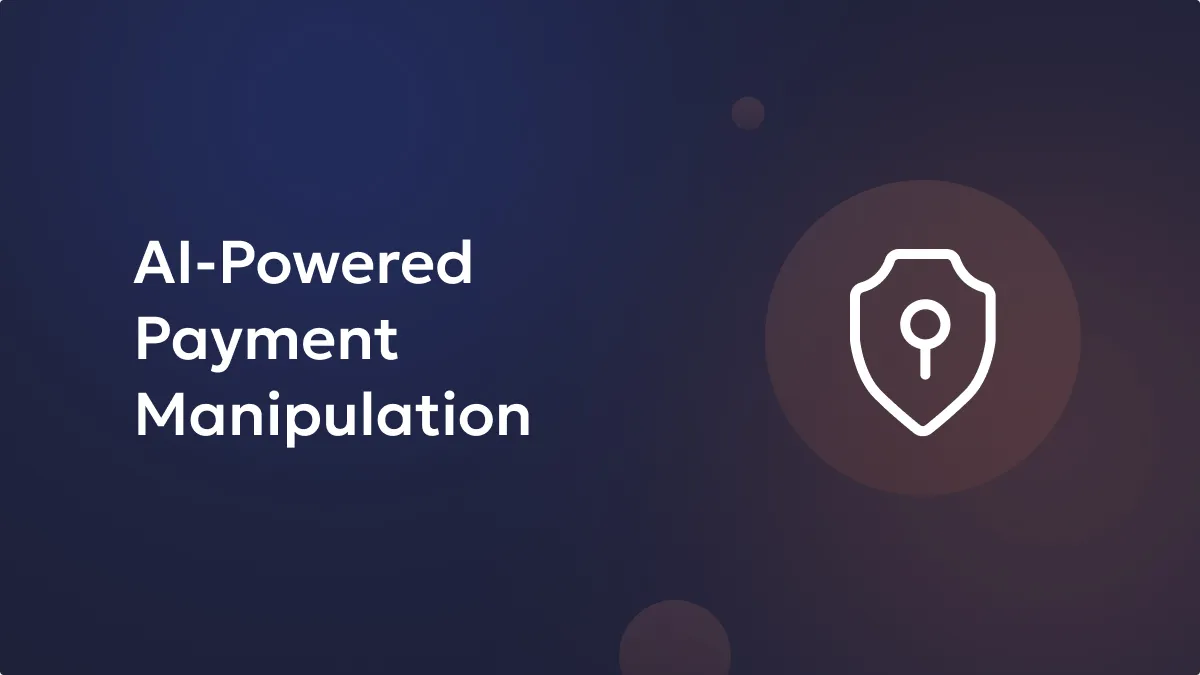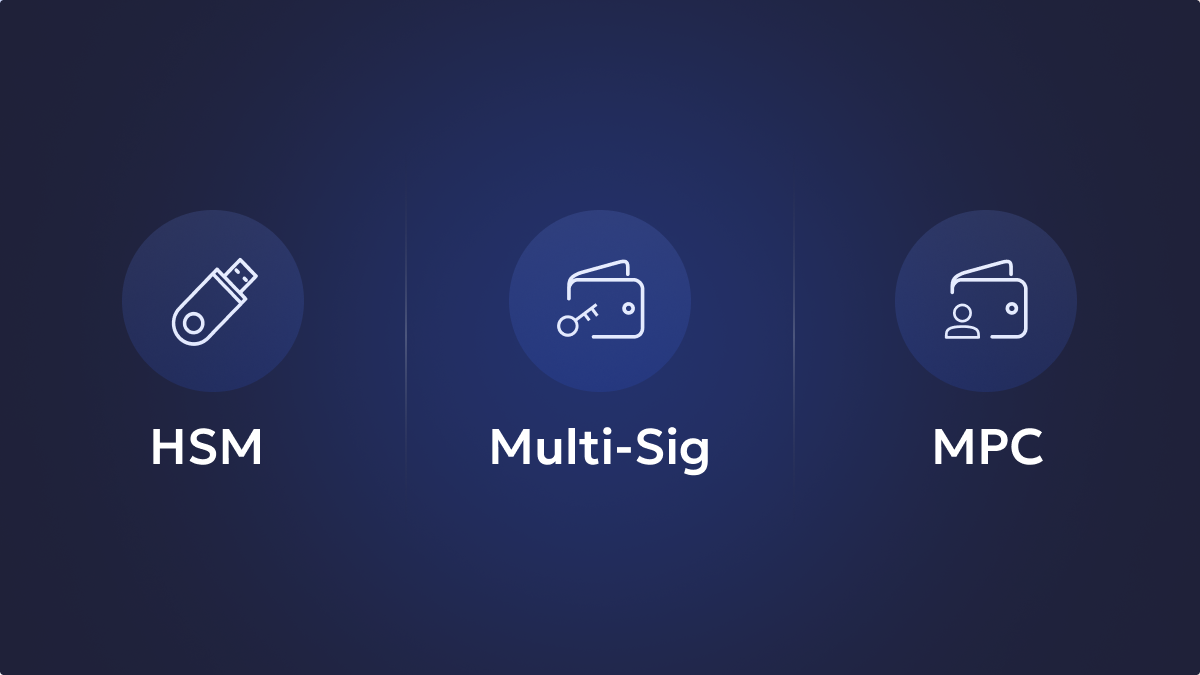From the start, digital assets were associated with the narrative of being the go-to asset for conducting illegal activities. Due to their decentralized and anonymous nature, setting the right regulations on them has always been difficult.
With the rapid increase in institutional adoptions and their growing prominence across borders, the urgency for robust compliance measures is more evident than ever.
Realizing this gap, progressive jurisdictions have started rolling mandatory compliance regulations to be followed by institutions and custodians while dealing with digital assets to deploy the right practices and restrict illicit utilization.
Unlock the potential of digital assets for your institution
Integrating robust compliance systems for institutions is a functional hazard, which is why custodians act as the perfect bridge to help organizations pass the juncture by providing major compliance adherence.
What is Compliance Monitoring?
Compliance monitoring, simply put, defines which regulations, policies, and procedures an organization needs to follow, as defined by local and international regulatory bodies, to counter all relevant risk profiles effectively.
The act of continuously monitoring organizations for compliance risks is an essential step in their bigger journey of safeguarding the company from being flagged by regulators and losing operational rights completely.
Secure and manage your digital assets with Liminal
While compliance monitoring may be mandatory in some jurisdictions and may be advisable in others, it is always beneficial for institutions to carry out compliance checks to reduce their chances of being involved in fraudulent activities, directly or indirectly.
Check out the key factors that contribute to compliance monitoring:
Identifying Regulations and Policies: Understand your organization’s legal landscape and internal rules.
Assessing Risks: Evaluate the potential consequences of not complying, such as fines or damage to reputation.
Implementing Controls: Put measures in place to reduce risks, like employee training or automated systems.
Monitoring and Reporting: Continuously check the effectiveness of your controls and report your compliance activities to stakeholders.
Compliance monitoring is essential for all organizations but becomes a fundamental obligation with digital assets.
Key Digital Assets Compliance Regulations For Institutions
The regulatory landscape surrounding digital assets is constantly evolving. As we move towards accepting digital assets as credible assets for different use cases, regulatory bodies have started to implement compliance-based limitations or tracking mechanisms to protect users’ general interests and strictly prevent the unauthorized transfer of value.
Additionally, digital asset markets, unlike traditional markets, are much more susceptible to internal collusion, which is why the standardization of technological frameworks has also been subject to compliance monitoring for digital assets.
Now, amongst all these, hardly a few apply to the actual end users, and it is the institutions who are building digital asset applications, investing in them, giving custody services to other institutions, or simply integrating them to allow their clients to transfer it between them, they need to comply extensively.
Here’s a breakdown of some of the key regulations in place currently:
1. AML and KYC:
● These regulations aim to prevent money laundering and terrorist financing activities using digital assets.
● Institutions must implement KYC procedures to verify the identity of their customers and understand their source of funds.
● This typically involves collecting personal information, conducting background checks, and ongoing monitoring of transactions.
2. CFT or PMLA:
● Similar to AML, CFT regulations focus on preventing the use of digital assets to finance terrorist activities.
● Institutions need to implement measures to identify and report suspicious activity related to terrorism.
3. Sanctions:
● Institutions must comply with any applicable sanctions lists that restrict dealings with certain individuals or entities.
● This may involve screening customers and transactions against these lists to avoid prohibited activity.
4. Licensing and Registration:
● Many jurisdictions require institutions dealing with digital assets to obtain specific licenses or registrations, such as ADGM, Hong Kong, MAS, FIU, MiCA, VARA, and more.
● The exact requirements may vary depending on the type of activity conducted (e.g., trading, custody, lending).
5. Data Privacy & Information Security:
● As institutions collect personal data from customers in the KYC process, they need to comply with data privacy regulations like GDPR (Europe) or CCPA (California).
● This involves securing customer data, obtaining user consent for its use, and providing clear data breach notification procedures.
● Institutions generally get their process audits to obtain industry-standard licenses, such as ISO 27001, 27701, SOC Type I & II, and more.
6. Travel Rule
● The Travel Rule mandates that institutions share customer information (origin and beneficiary) when transferring digital assets above a certain threshold.
● Institutions need systems in place to collect and transmit relevant customer data securely with counterparty institutions involved in the transfer.
Advance Compliance Monitoring Setup By Liminal
With the powering stature of custodians in the market, they have always undertaken the burden of providing complex compliance solutions to institutions. Under all circumstances, institutions want to part ways with managing compliance on a transactional level. Hence, they trust custodians to stay updated and compliant.
At Liminal, we understand that navigating the complex world of digital asset compliance can be daunting. That’s why we’ve built a secure custody solution with a comprehensive compliance monitoring setup embedded to empower your institution with the tools and security it needs.
Strategic Partnerships: Liminal has forged alliances with industry pioneers such as Elliptic & TRM Labs. Leveraging their expertise, we have directly integrated cutting-edge KYC/KYB, AML, and CFT compliance tracking systems into our wallets. This seamless integration ensures real-time monitoring and compliance verification, enhancing security and trust for our clients.
Travel Rule Integration: Collaborating with Notabene, Liminal has implemented a Travel Rule-based information sharing mechanism. Our proprietary firewall engine automates policies and workflows, meticulously tracking each transaction for Travel Rule compliance. This ensures seamless communication and data exchange, bolstering transparency and regulatory adherence.
Regulatory Licenses: Committed to global compliance, Liminal is actively pursuing regulatory licenses in crypto-friendly jurisdictions. Already holding an IPA from ADGM for an FSP license, we are expanding our reach to VARA, MAS & FIU, aiming to become a multi-jurisdictional custodian. These licenses signify our dedication to operating within regulatory frameworks, fostering trust and confidence among our clients.
CCSS Certification: Liminal is the only custodian with CCSS certification, setting the gold standard in security practices. Our standardized processes and SOPs ensure the highest level of private key security and secure storage practices, safeguarding our clients’ assets against potential threats.
Ongoing Audits: Continuous improvement is at the core of our operations. Liminal undergoes regular system and wallet audits to maintain security certifications such as ISO & SOC. These rigorous audits validate our commitment to security excellence, providing our clients with peace of mind and assurance in our services.
In summary, Liminal’s advanced compliance monitoring setup represents a paradigm shift in institutional security and regulatory compliance within the Web3 ecosystem. Through strategic partnerships, regulatory licensing initiatives, and stringent security measures, we empower our clients to navigate the complexities of digital assets with confidence and peace of mind.






